Deer are beautiful animals that many people enjoy watching in their natural habitat. Though they are graceful and gentle creatures, deer can be a nuisance to homeowners when they eat plants in landscaping beds or gardens.
In this blog post, we explore if verbena is one such plant that deer enjoy munching on. We will also give some tips on how to keep deer away from your garden and protect your plants.
Do Deer Eat Verbena?
No, it is highly unlikely for deer to eat verbena. In fact, deer generally avoid eating plants in the verbena family. This includes both common vervain (Verbena officinalis) and blue vervain (Verbena hastata), which are two species of vervain that are found in North America.
The reason deer avoid eating plants in the verbena family is because they are fragrant and have a strong flavor. Deer have a very sensitive sense of smell, and the strong scent of vervain is likely to deter them from eating it.
So, if you’re looking for a plant to add to your garden that deer are unlikely to eat, vervain is a good option. However, there are no guarantees when it comes to deer and what they will or will not eat, so it’s always best to take precautions and take steps to deter them from your property altogether.
How to Protect Verbena from Deer?
To really protect verbena (or any other plant, for that matter) from deer, the best course of action is to take steps to keep deer away from your property altogether. This can be done in a number of ways:
1. Fencing
One way to keep deer away from your garden is to build a fence around it. The height of the fence will depend on the deer population in your area and how determined they are to get to your plants.
A good rule of thumb is to make the fence at least six feet tall, as this will deter most deer from trying to jump over it. If you live in an area with particularly large deer or especially determined deer, you may need to make your fence even taller.
In addition to the height of the fence, it’s also important to make sure that the fence is made of materials that deer cannot easily push through or knockdown. Woven wire fencing is a good option, as is metal or PVC piping.
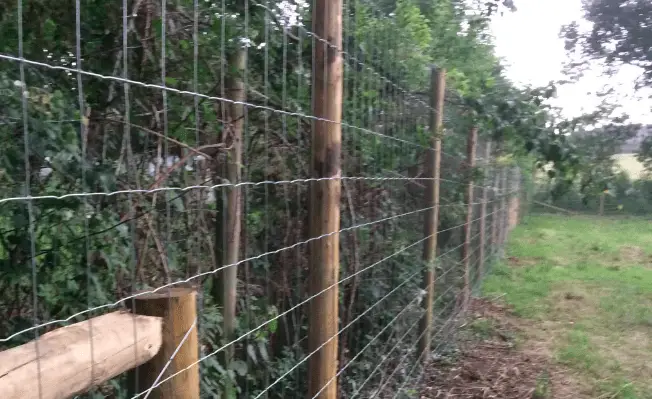
2. Remove Food
Another way to keep deer away from your property is to remove any food sources that may attract them. This means keeping your lawn free of fallen fruit, nuts, and seeds. If you have a bird feeder, make sure it is not accessible to deer.
You should also avoid planting gardens or landscaping beds close to areas where deer congregate, such as forests or fields. If deer can easily find food elsewhere, they are less likely to come onto your property and eat your plants.
3. Deer Repellents
If deer do manage to get onto your property and start eating your plants, you can use deer repellents to deter them. Deer repellents are products that contain either a bad taste or scent that deer do not like, and they will typically avoid areas where these repellents have been applied.
Personally, I like this Bobbex repellent. It is made from all-natural ingredients and can be applied directly to plants. I’ve found that it does a great job of deterring deer without harming my plants.
There are a number of different deer repellents available on the market, so you may want to experiment to find one that works best in your particular situation. You may need to apply the repellent more than once, especially after it rains.
4. Hanging Baskets
Planting your verbena high up in hanging baskets is another way to protect it from deer. Deer are less likely to eat plants that they cannot reach, so this can be an effective way to keep them away from your verbena (or other plants).
Of course, this won’t do much to deter deer if they are determined to get to your plants. But it can be a good way to protect plants that are particularly vulnerable to deer damage.
5. Sprinklers and Loud Noises
Another way to keep deer away from your property is to make it an uninviting place for them. This can be done in a number of ways, but two effective methods are to install motion-activated sprinklers and to make loud noises.
Deer are creatures of habit, and they will typically avoid areas where they don’t feel safe. If they associate your property with loud noises or getting sprayed with water, they are less likely to come onto your property and eat your plants.
Can Verbena Be Used as Deer-Resistant Fencing?
Some people have had success using verbena as deer-resistant fencing. This is because the plant gives off a strong scent that deer do not like, and they will typically avoid areas where this plant is growing.
Of course, this won’t work if the deer is determined to get to your plants. Verbena plants aren’t the toughest, so deer can easily damage them if they’re determined to get through.
Conclusion
So, do deer eat verbena? It’s possible, but it’s not likely. Because the plant emits such a pungent fragrance, deer usually steer clear of areas where it is flourishing.
If you’re looking for a way to keep deer away from your property, planting verbena may be a good option. Just keep in mind that it’s not the most durable plant, so it may not be the best choice if you’re dealing with particularly determined deer.
Do you have any tips for keeping deer away from your property? Share them in the comments below!
Tim is an avid gardener from the UK. He was the founder of PlantCarer.com from 2021 to Sep 2023. He sold PlantCarer.com to Aaron. He has since started his own business called Seed To Supper, which provides new gardeners all the materials you need in a box (pots, seeds, compost and instructions) to grow your own delicious and nutritious vegetables and herbs from start to finish – no garden required.



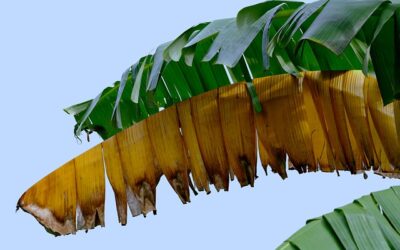

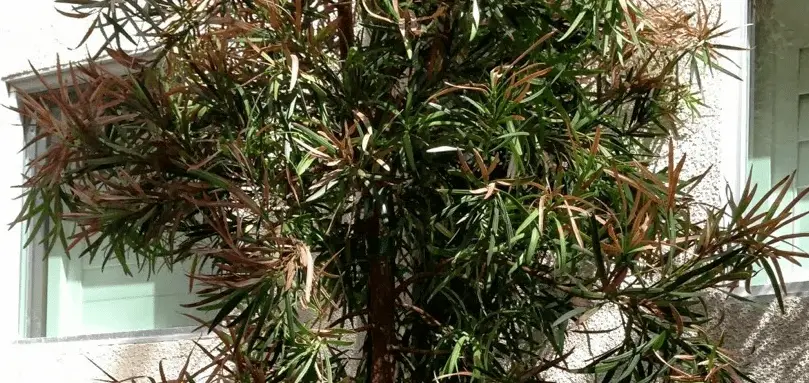
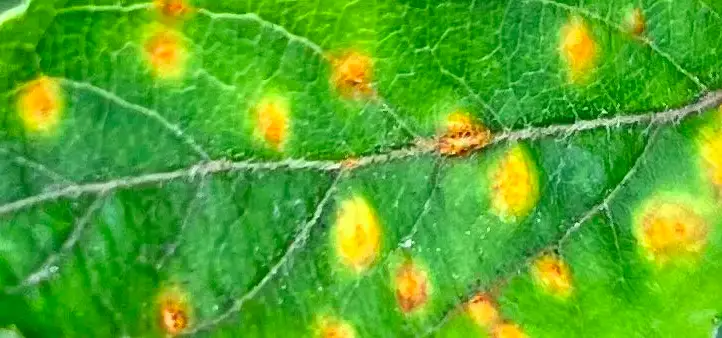
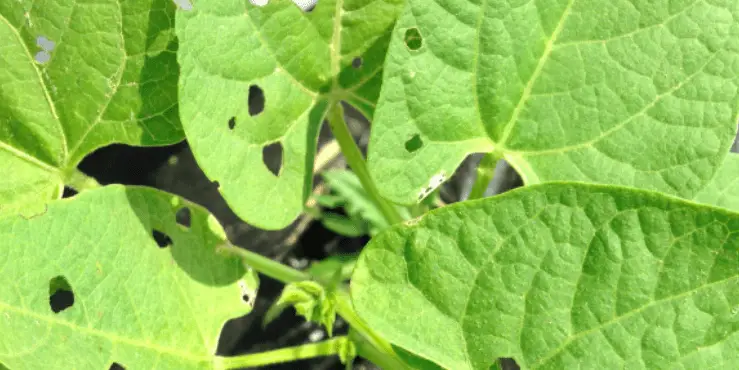
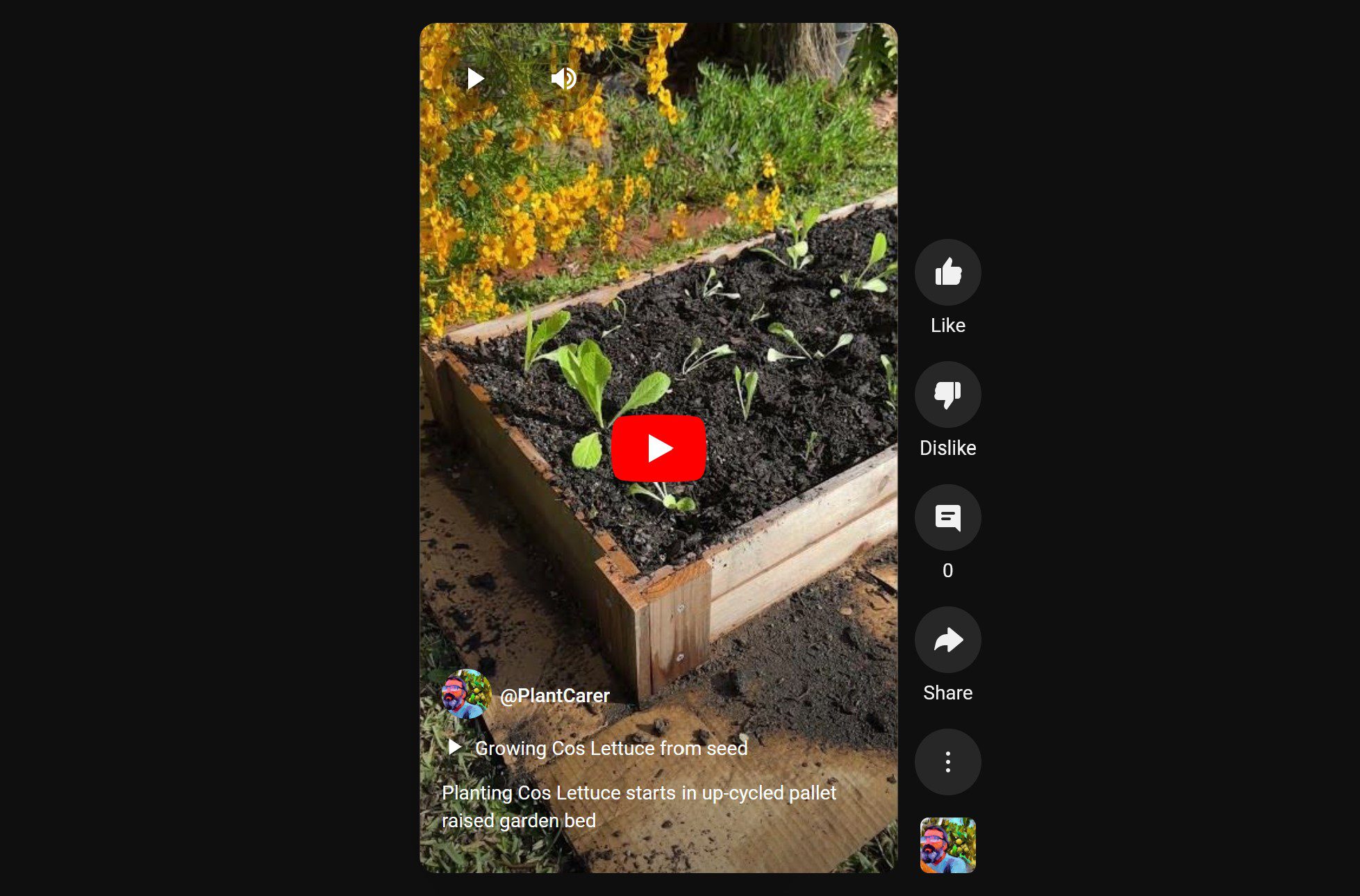
0 Comments